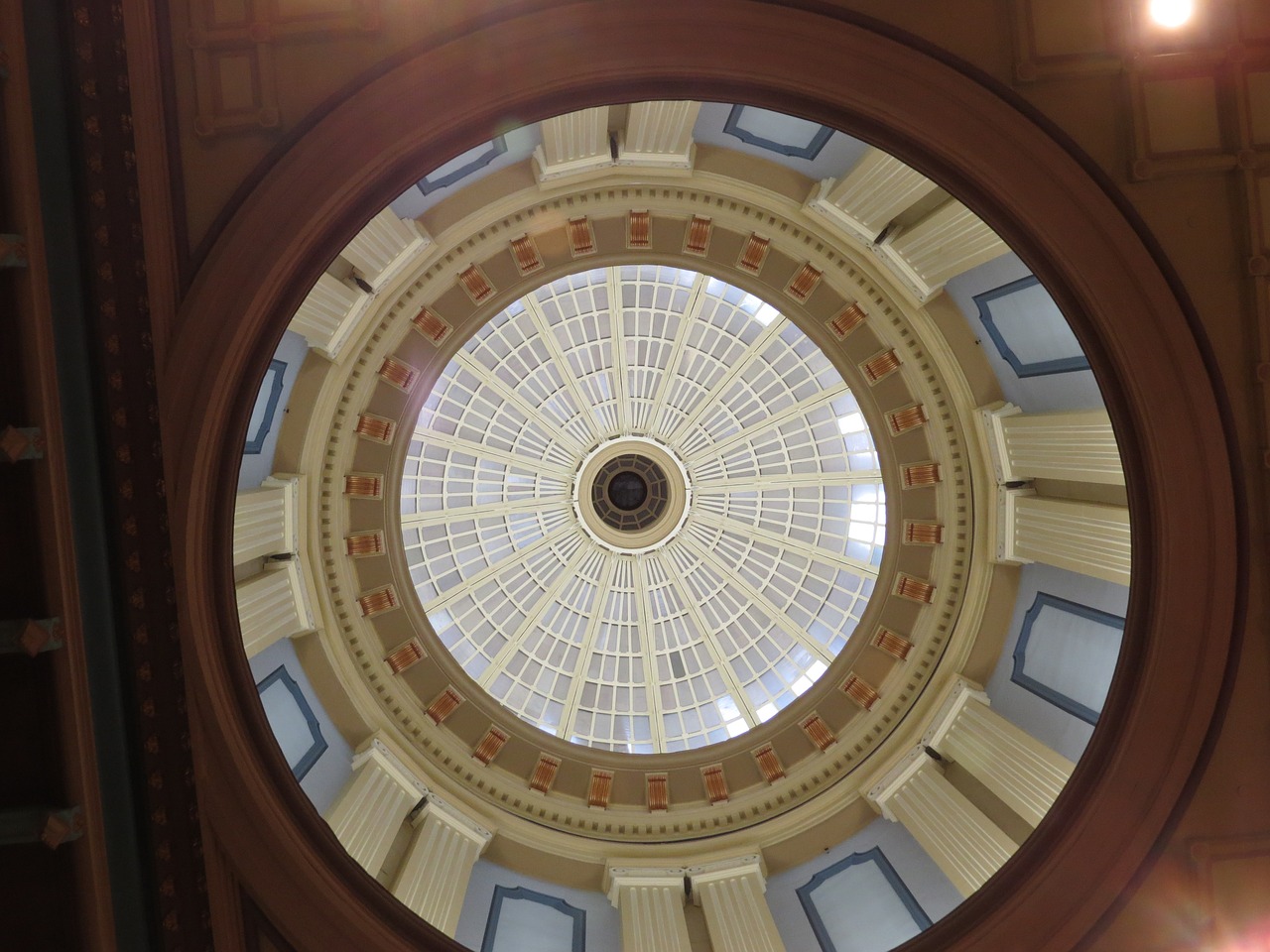By Frank Andorka, Senior Correspondent
What Happened: Duke Energy penned an opinion piece for The State boldly arguing the cost-shift, which I have to admit is a gutsy move.

Only the South Carolina legislature stands between Duke Energy’s zombie “cost-shift” lie and its solar consumers.
SolarWakeup’s View: The entire opinion pieced penned by Kodwo Ghartey-Tagoe, president of Duke Energy South Carolina, is a brazenly brilliant piece of anti-solar propaganda wrapped up in a concern-troll blanket and foisted on the poor readers of The State, South Carolina’s statewide newspaper. It is one of the first times I’ve seen a utility executive himself go on record banging the drum for the zombie lie of the cost shift.
As I have shouted into the abyss so many times I can’t even count them all, the cost-shift is complete nonsense. I should have this explanation as a macro so I don’t have to type it every time. Let’s review:
The argument goes like this: Retail-rate net metering, a program under which solar customers are reimbursed for the excess electricity they produce, pushes extra costs on to non-solar customers because solar customers aren’t paying for grid upkeep.
What the utilities don’t want you to notice, of course, is that solar customers also relieve congestion on the grid during peak production times, which saves strain on the transmission and distribution lines. So while they may not be paying for upkeep directly, solar production saves wear and tear, which ultimately saves the utility money in the form of repair costs.
You’re welcome.
I should note here that while there is a minor cost-shift, a study by the Lawrence Berkeley National Laboratory indicates the shift only happens when a state passes the 10% mark for solar-electricity generation. And I should also note that even at more than 10%, the shift is so small you’d need the Berkeley Lab’s $27 million electron microscope to see it.
The entire idiotic thing is based on the (false) portrayal of net metering as a subsidy, which it is not. what net metering is is a free-market solution to the “problem” of solar array overproduction. In other words, if I produce a product, the utility should have to pay me fair market price (retail rate) for it. That’s the whole basis of capitalism, after all – Invisible Hand and all that (yeah, I’ve read Adam Smith).
And the other thing Duke Energy doesn’t want you to notice is that they are a state-sponsored monopoly that receives actual subsidies guaranteed by the state, so…you know…that’s a thing that is happening, too.
I’ll give Ghartey-Tagoe one thing: He’s not wrong when he says Duke Energy isn’t anti-solar. Turns out, they’re very much pro-solar – as long as they are the ones that are producing it.
More:
Why should the rest of us pay to subsidize people who choose rooftop solar power?
South Carolina Tries, Tries Again To Reach Solar Compromise
Are We Harping On South Carolina Net Metering? Yes, Because YOU Are
Utility Monopolies Screw SC Solar After Sneaky Shift On Bill

